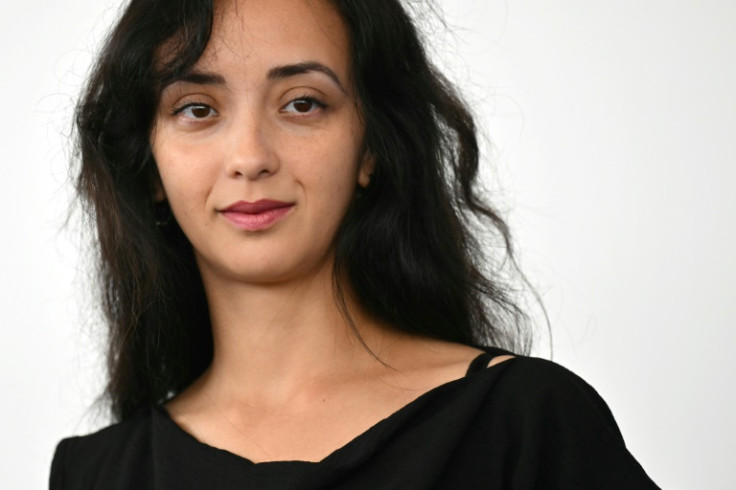Toronto Festival Drops Russian War Film Screenings Over Threats

The controversial documentary "Russians at War" about Moscow's invasion of Ukraine was to be unveiled to North American audiences on Friday but the Toronto International Film Festival paused the screenings after receiving "significant threats."
Since it was first shown in Venice earlier this month it has sparked outrage in Ukrainian cultural and political circles against what many consider a pro-Kremlin film that seeks to whitewash and justify Moscow's assault on its neighbor.
In Toronto, protestors and diplomats -- as well as Canadian Deputy Prime Minister Chrystia Freeland -- called on the festival organizers to drop the film, but they refused, until now.
"We have been made aware of significant threats to festival operations and public safety," festival organizers said in a statement.
"This is an unprecedented move for TIFF," read the statement, adding: "Given the severity of these concerns, we cannot proceed as planned."
Police noted that the decision to pause the screenings was not recommended by them and was "made independently by the event organizers."
Russian-Canadian filmmaker Anastasia Trofimova first presented "Russians at War" at the Venice Film Festival.
In the film, she embedded with a Russian battalion as it advanced across eastern Ukraine after Moscow launched its invasion in February 2022.
Additional screenings in Toronto scheduled over the weekend have also been paused.
One of the film's producers Philippe Levasseur told AFP on Friday, "It's sad that we've come to this point."
Continuing to hold out hope that audiences will still get a chance to see the film, he noted that the filmmakers had expected a backlash in Russia, "because in the film the Russian soldiers say they're fed up with this war."
He said he also understands "very angry reactions on the Ukrainian side," but he insisted it was important to tell "all facets of this story."
Ukraine's presidential chief of staff, Andriy Yermak, said Friday he felt the festival should have dropped the film sooner, while Ukraine's consul general in Toronto said scrapping it was "the only right decision."
"The threat is Russian propaganda," Yermak wrote on Telegram, adding that the film should be banned.
Ukraine's foreign ministry, meanwhile, said in a post on X: "10 years of Russia's war against Ukraine have turned red carpets for the Kremlin's voices into the carpets of blood."
Trofimova has rejected the criticisms, telling AFP the Canada-France production was "an anti-war film" that showed "ordinary guys" who were fighting for Russia, and treated as cannon fodder.
The soldiers depicted appear to have little idea of why they have been sent to the front, and are shown struggling to make Soviet-era weapons serviceable.
Others chain-smoke cigarettes and down shots of alcohol amid the deaths and wounds of their comrades.
Following Freeland's criticisms this week of the use of Canadian public funding to make the film, regional public broadcaster TVO, which had helped fund the documentary through the Canadian Media Fund, pulled its support for the film and said it would not be airing it as planned in the coming months.
Trofimova had received Can$340,000 (US$250,000) from the fund.
Freeland also shared concerns about the film itself expressed by the Ukrainian diaspora in Canada, the second-largest in the world numbering 1.3 million, and Ukrainian diplomats in Canada.
"There can be no moral equivalency in our understanding of this conflict," she said.
Toronto police spokeswoman Laurie McCann told AFP that Toronto police are aware and ready in case there are more protests.
"But we don't have any information of any future or potential threats at this time," she added.
© Copyright AFP 2024. All rights reserved.




















